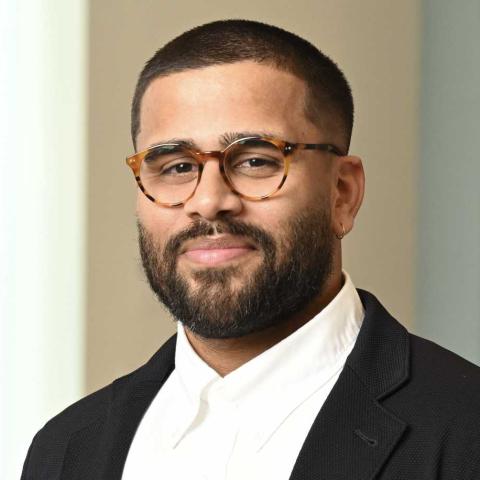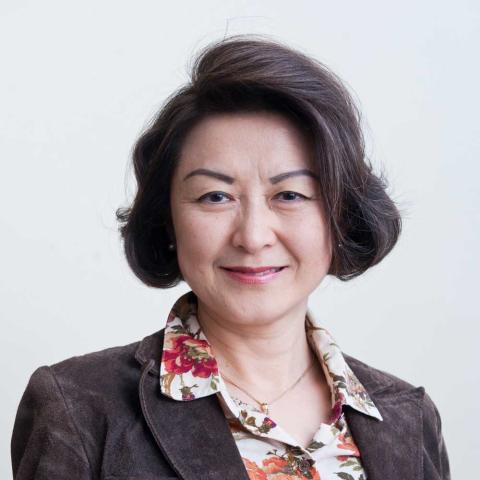Cultivate Your Sociological Imagination
We invite you to explore the world from a sociological perspective and to engage with new and thought-provoking ideas.
The study of sociology enables students to explore their familiar social environment anew from sociological perspectives and thereby broaden their minds and deepen their understanding of the “social structures” that shape the distribution of economic, political, and cultural power among social groups. The Sociology Department at Vassar offers a wide range of courses designed to nurture “sociological imagination,” critical awareness of social inequalities, and passion for social justice. Topics of our courses include the body, consumerism and capitalism, development and social change, deviance, education and schooling, food, gender/sexuality, globalization, health and illness, law/crime/prison, mass media and popular culture, public policy, race/ethnicity, social class, and urban issues. See the entire list on the Courses & Requirements page.
Sociology at Vassar is taught by a diverse group of faculty in terms of research interests and personal backgrounds. We welcome students of diverse intellectual and personal backgrounds.







